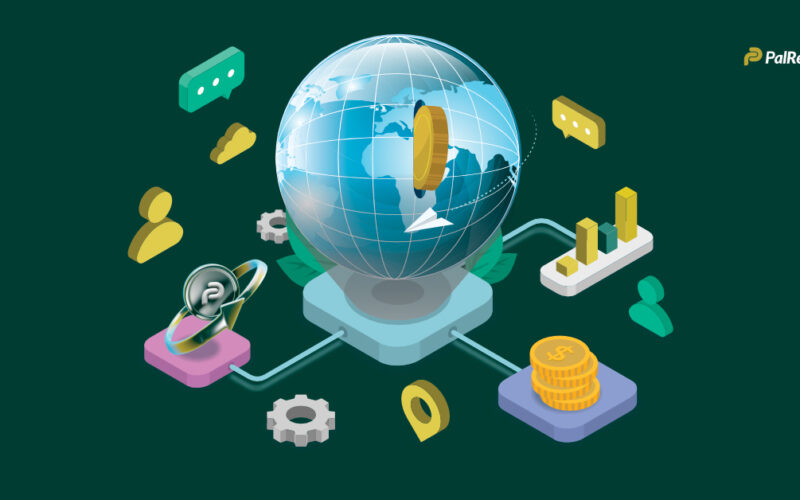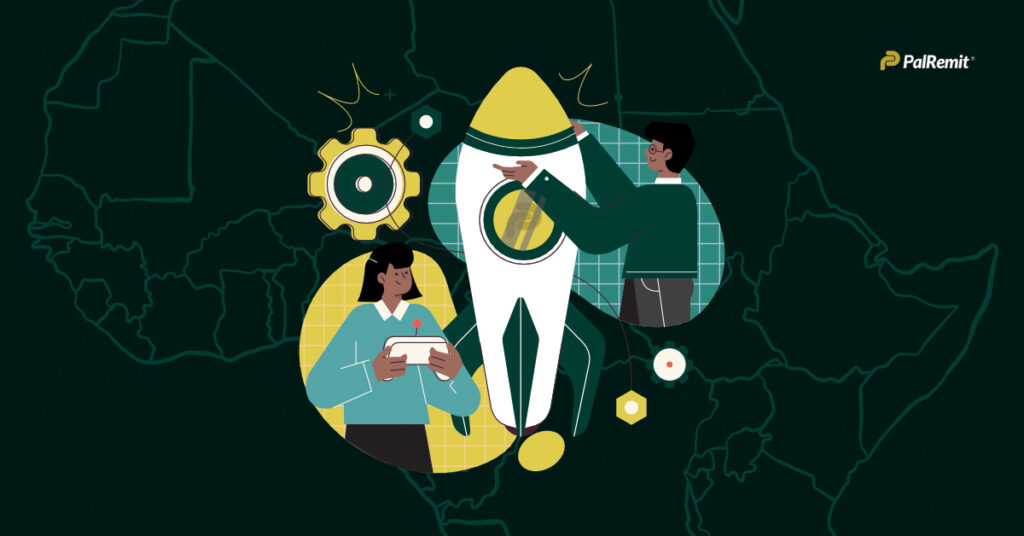Latest Posts

How Global Conflict Is Reshaping Remittances and Decentralised Finance
Explore how global conflicts are driving the adoption of decentralized finance and modern remittance tools as traditional banking systems fail in crisis zones.

Crypto Taxes: What to Know Before Swapping on Palremit
Essential guide to understanding crypto tax implications when using Palremit for cryptocurrency transactions and conversions.

Big News at Palremit!: Palremit Partners with J.P. Morgan Chase
Exciting announcement about Palremit's strategic partnership with J.P. Morgan Chase to enhance USD transaction capabilities for global users.

How Long Do Palremit Transfers Take?
Complete guide to Palremit transfer times, including wallet transfers, bank transfers, and factors that affect processing speed.

Global Income Now Taxable in Nigeria? Here's What to Know
Essential guide to Nigeria's new global income tax laws and what digital professionals, freelancers, and remote workers need to know about their tax obligations.

How to Secure Your Palremit Account and Prevent Online Fraud
Comprehensive security guide for Palremit users covering KYC, 2FA, password protection, and fraud prevention best practices.